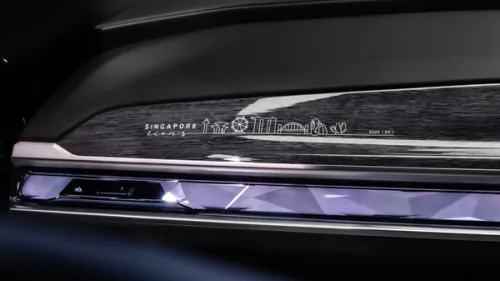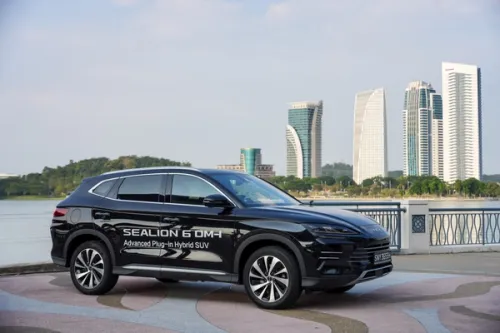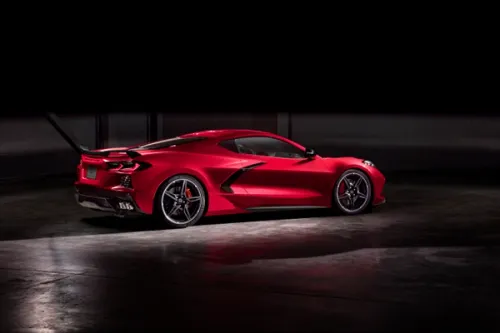Top Tips to Keeping Your Car Cool Under the Sun
How does your car's paint coat affect its temperature?

While there may be plenty of multi-storey carparks here on our island, sometimes it still cannot be helped. Perhaps you are taking your family to East Coast Park for a day out, or your favourite haunt happens to be Kallang Leisure Park. You park your car in an open-air carpark, and upon your return it has managed to turn into an oven. No, seriously. Research from ASU and UC San Diego has found that the dashboard of your car can attain temperatures of close of 70°C, hot enough to fry eggs and give third-degree burns. Not only is the heat uncomfortable, it can also have an adverse effect on your driving performance: research conducted by SEAT found that an interior temperature of 35°C causes a driver to react 20% slower than at 25°C. The effect is similar to driving with a blood alcohol level of about 0.5 g/l. So here are our top tips for keeping your car cool in the summer heat.
In short, what you are experiencing is known as the Greenhouse Effect: as the air in the car remains trapped when parked, heat that enters as radiation through the windows has nowhere to escape, gradually building up to searing levels.
Needless to say, your first priority should thus be keeping your car out of direct sunlight: Pick a lot that is shaded, preferably by a building or a non-fruiting tree. The same research from ASU figures that being in the shade alone can bring down ambient cabin temperatures by as much as 10°C.
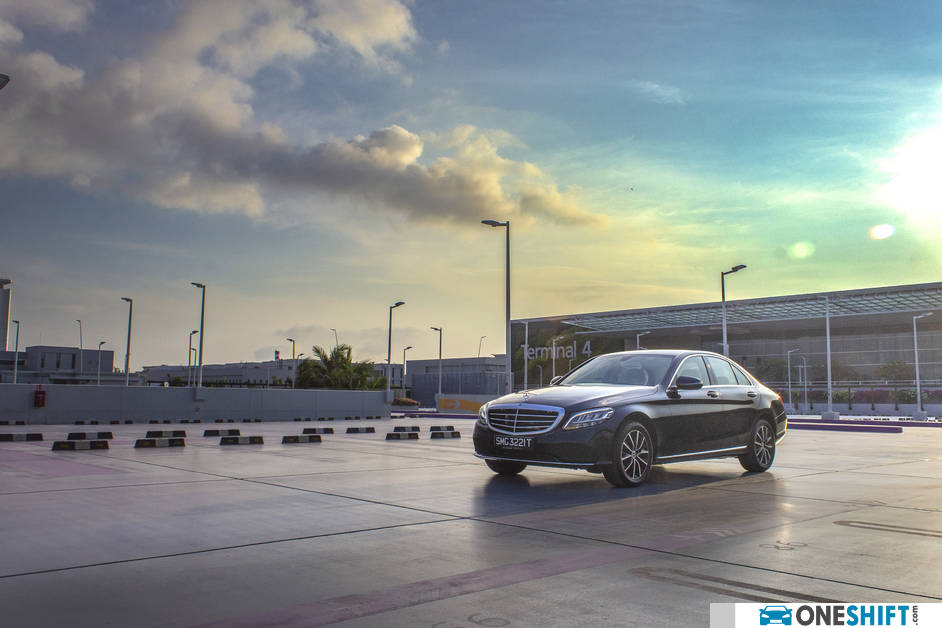
But I think we can be a bit smarter than just that. If you utilise the same carpark often, take note of where that shade moves throughout the day. The shaded lots in the morning will not be the same as those in the late afternoon. So if you park outside for work, and leave in the evening, take note of where the shaded lots are before you leave. It may actually be preferable to park in the sun when showing up in the morning, if that means that your car will sit in the shade through the afternoon hours before you leave for home.
Tinting your vehicle’s windows can make a significant reduction to cabin heat levels: solar film manufacturers claim varying levels of radiation rejection, translating to final heat rejection levels ranging from 35% to 65% percent through your windows. If you cannot tell whether your windows have been tinted, here is a useful trick: since the LTA requires a minimum light transparency of 70% for the front windscreen and side windows and 25% through the rear windscreen and passenger windows, comparing the transparency of your front and rear windows should be an easy clue as to if your windows have been tinted.
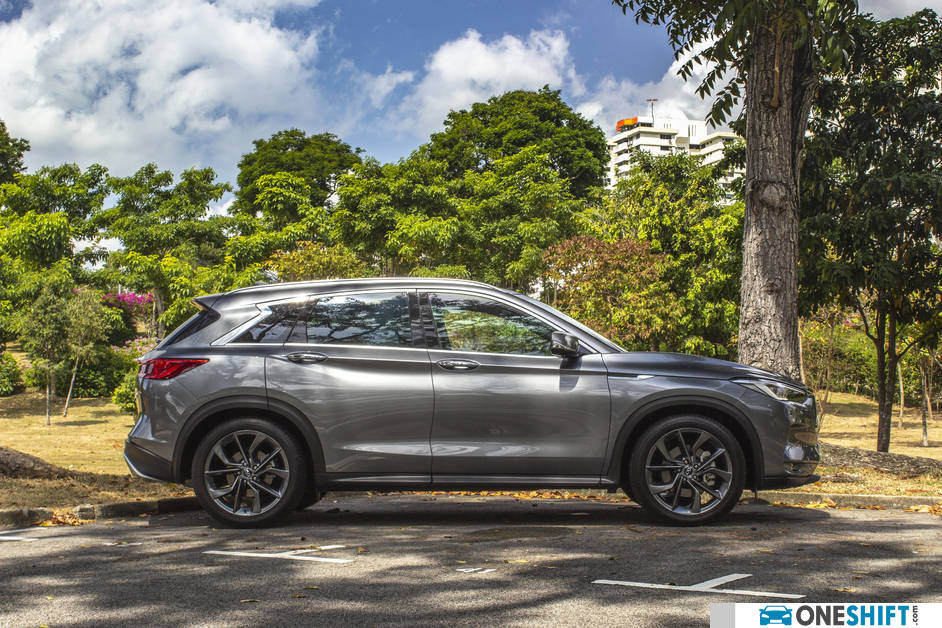
But there are also far easier options for keeping the sun out. Good car sunshades can be bought for cheap at many budget neighbourhood stores, and, as a frequent user of them, I can attest to the significant difference they make to the cabin temperature when you return to your car. Plus, they provide the additional assurance that your dashboard surface will not degrade after years of ultraviolet exposure.
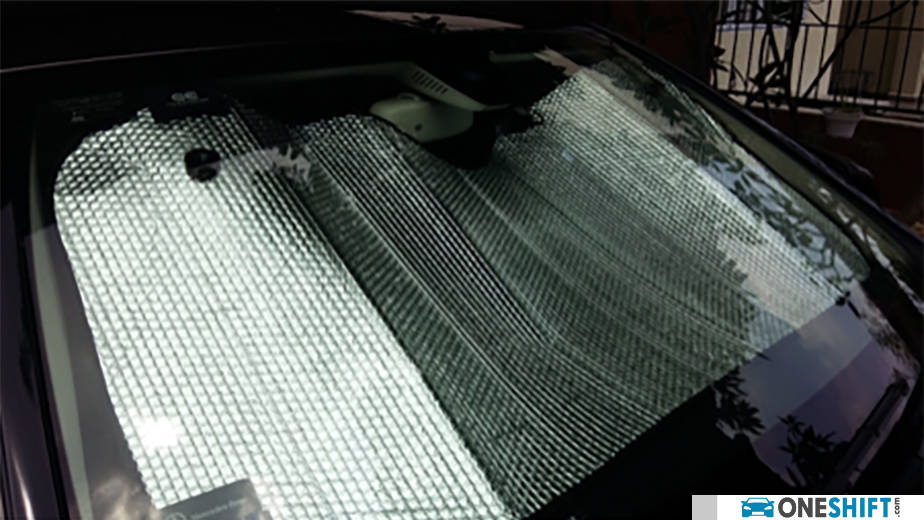
So you have done your best to reduce the heat going into the car while parked. Now that you are about to get back in and drive off, how do you get rid of the heat still in the cabin as quickly as possible?
Forget the old trick about opening both doors and using one door to ‘fan’ the car cabin: none of your passengers will appreciate waiting around idly. Instead, try this: as you are walking towards your car, take out the remote and press once to unlock it, then press and hold the unlock button. As long as your car comes with automatic one-touch wind-up on all four of its windows, all the windows should roll down before you even reach the vehicle, giving the hot air inside enough time to exit the vehicle (the SEAT video also features the researcher doing the same). From there it is only a matter of getting in to switch the engine and air-conditioning on before driving off. You may wish to leave the windows down for a while longer to vent out any remaining heat.
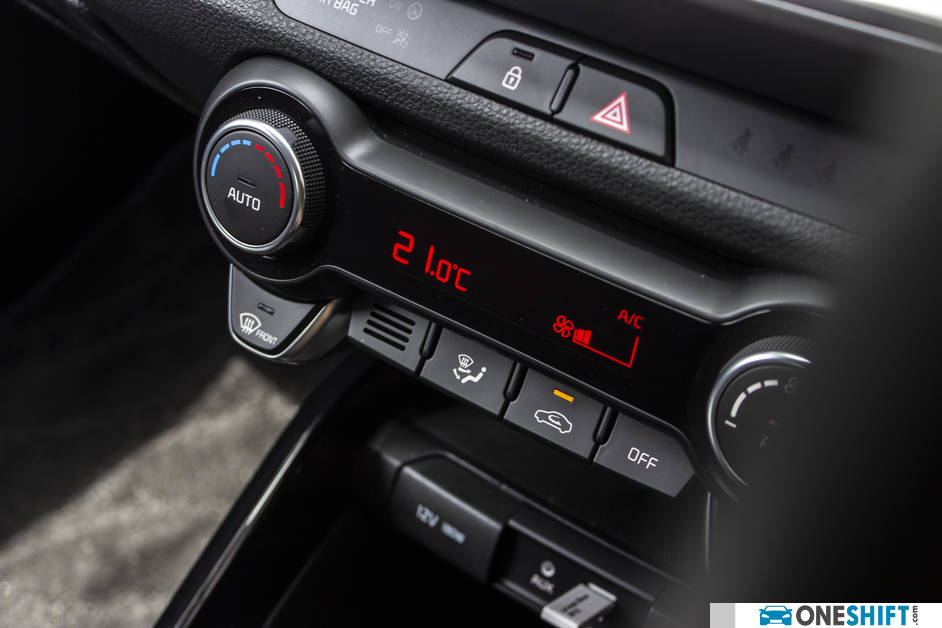
Turning on the cabin air-recirculation and turning off the engine start-stop system for the first few minutes of your drive will also allow the air-conditioning to cool the cabin more quickly. Finally, direct the air-conditioning vents of your car upwards to cool the entire cabin quickly if you have passengers in the rear, although I typically find directing them towards my collar just as effective when driving alone.
All cars come equipped with a cabin air filter that is separate from the one used to filter air for the engine. If you send your own vehicle to a third-party workshop for servicing, check your past receipts to see if the filter has been replaced. Replacement schedules can be found in the owner’s manual. If the cabin air filter is not replaced for extended periods the air-conditioning system will not be as effective since it has to work harder to draw fresh outside air through a chocked filter.
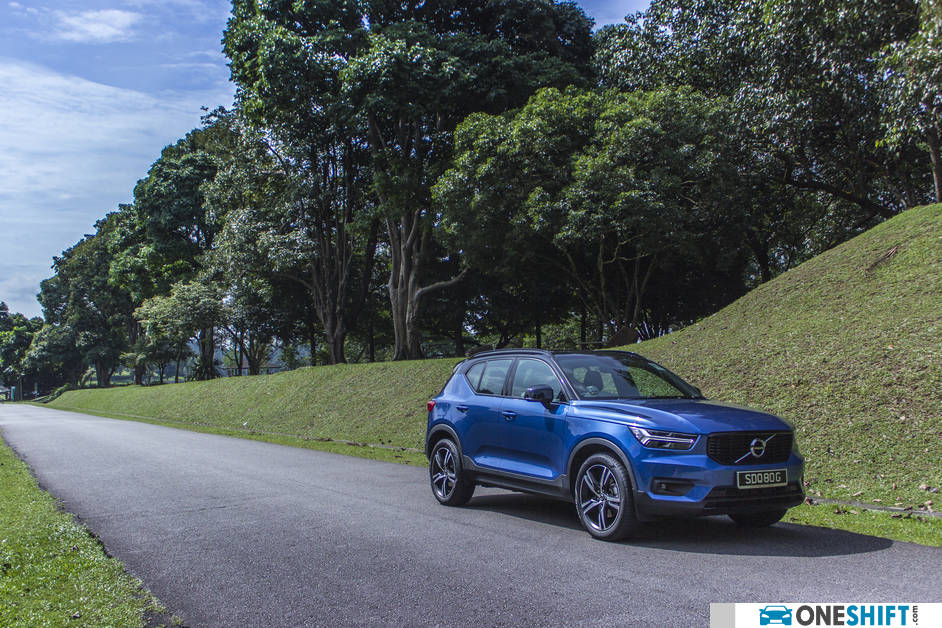
Finally, if you are really bothered by the heat, you might want to reconsider the paint colour choice of your next car: research points to a difference in cabin air temperature of 5-6°C when comparing a car with heat absorbing black paint as opposed to a heat reflecting white one. But of course, white cars also make any dirt and stone chips very obvious so silver paint is the usual intelligent compromise.
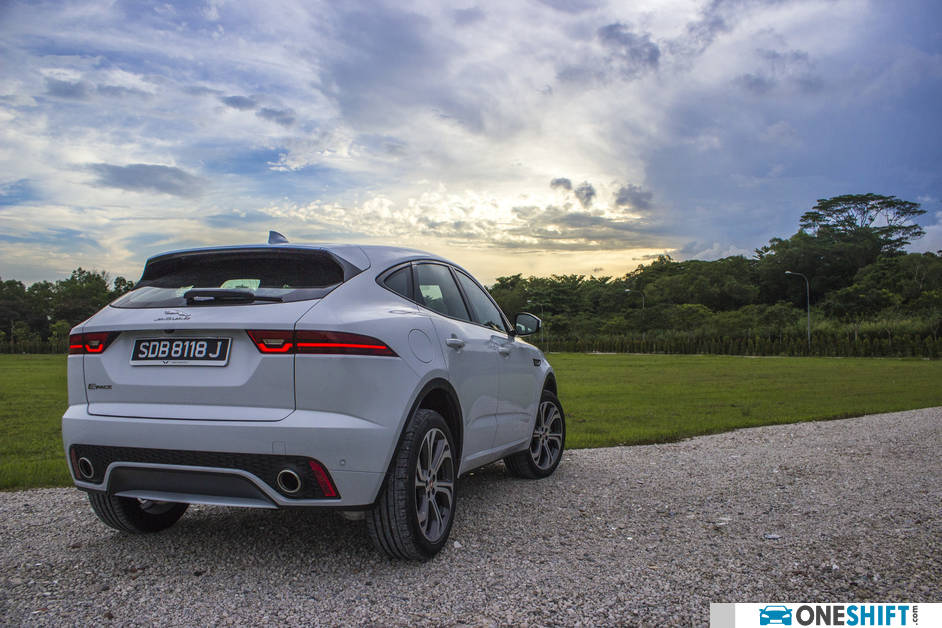
What other pro tips do you have to share? Comment below and help your fellow motorists stay cool in this heat!
Own a black car and what to see what other options are available? Visit Carousell for a wide variety of cars and different colour options!
Credits: Clarence Seow


Get the Best Price for your used car
from 500+ dealers in 24 hours

- Convenient and Hassle-Free
- Consumer Protection
Transparent Process
With No Obligation

